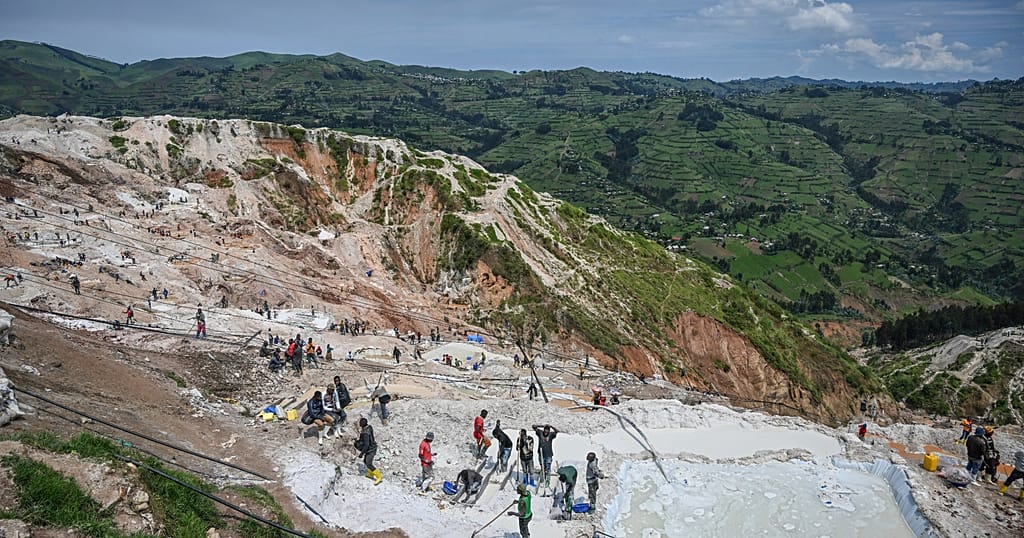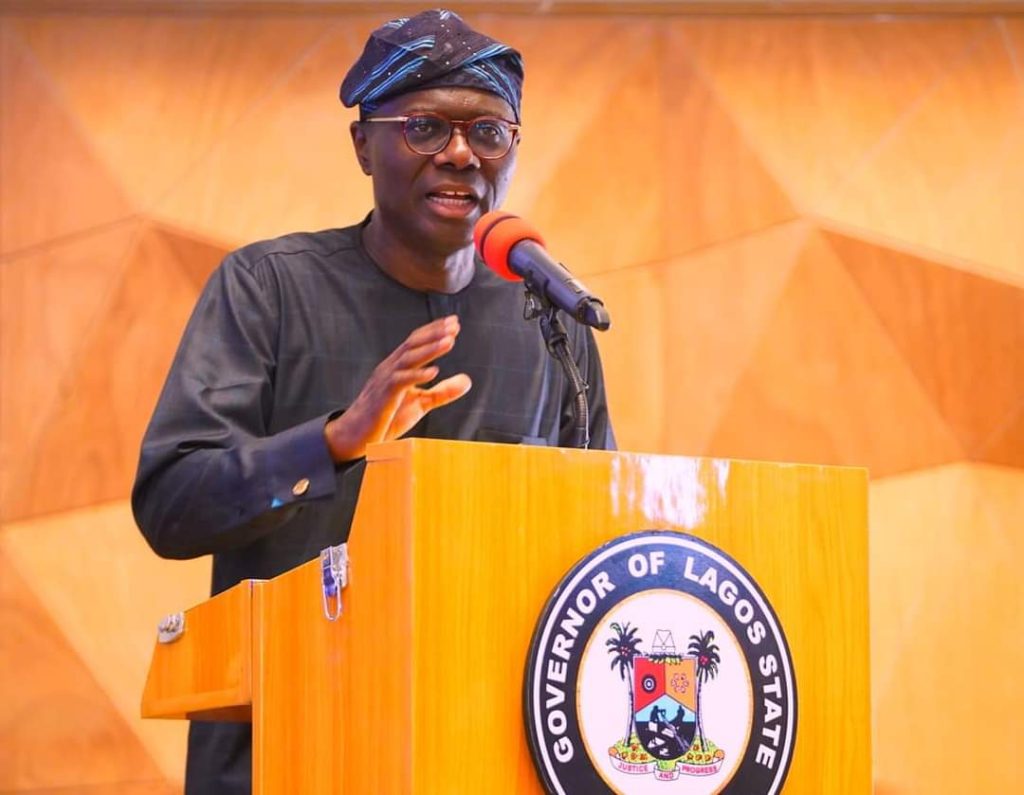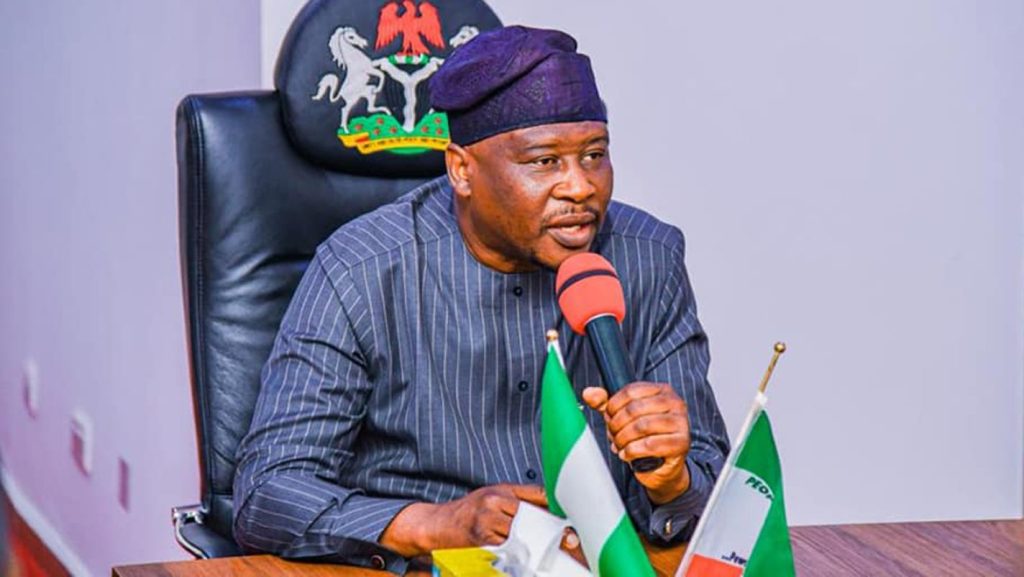The African Democratic Congress (ADC) has drawn a firm line against dissent within its ranks, with interim National Chairman David Mark declaring a strict policy of zero tolerance for anti-party activities or indiscipline. Speaking to members in Abuja, the former Nigerian Senate President emphasized that only fully committed individuals would be included in the party’s plans under his leadership.
Mark’s remarks signal a push to unify and strengthen the opposition party, which has recently gained prominence as a key platform within Nigeria’s coalition of opposition groups. “You are either in ADC or not in ADC. There is no mid-way,” he stated. “Those not with us will not be carried along.” The warning underscores efforts to curb factionalism and consolidate internal loyalty amid Nigeria’s shifting political landscape.
The ADC leader also outlined reforms to revamp the party’s grassroots structures, aiming to modernize its framework from polling units to the national level. “Every organ will be reenergized,” he said, adding that policies and nominations would prioritize engaging younger generations. This restructuring aligns with broader attempts to position the ADC as a viable alternative to Nigeria’s dominant parties, particularly ahead of future elections.
The ADC’s growing influence follows its adoption by the Coalition of Nigerian Political Parties, a group seeking to unify opposition voices. However, several high-profile figures linked to the coalition, including former Labour Party presidential candidate Peter Obi and ex-Vice President Atiku Abubakar, have yet to formally defect to the ADC. Both leaders remain central to opposition dynamics but have delayed public alignment with the party despite their coalition roles.
Mark’s firm stance comes at a pivotal moment for the ADC, which is seeking to capitalize on its coalition-backed momentum. Analysts suggest the party’s focus on discipline and inclusivity aims to project stability and attract undecided voters disillusioned with Nigeria’s mainstream political movements. The emphasis on youth engagement further reflects efforts to appeal to a demographic that has increasingly demanded reform and accountability in governance.
As Nigeria navigates economic and security challenges, the ADC’s repositioning highlights the complexities of opposition politics in Africa’s most populous nation. While Mark’s leadership faces the dual task of unifying members and courting new allies, the party’s ability to leverage its coalition ties could prove critical in shaping its trajectory ahead of 2027 general elections.



